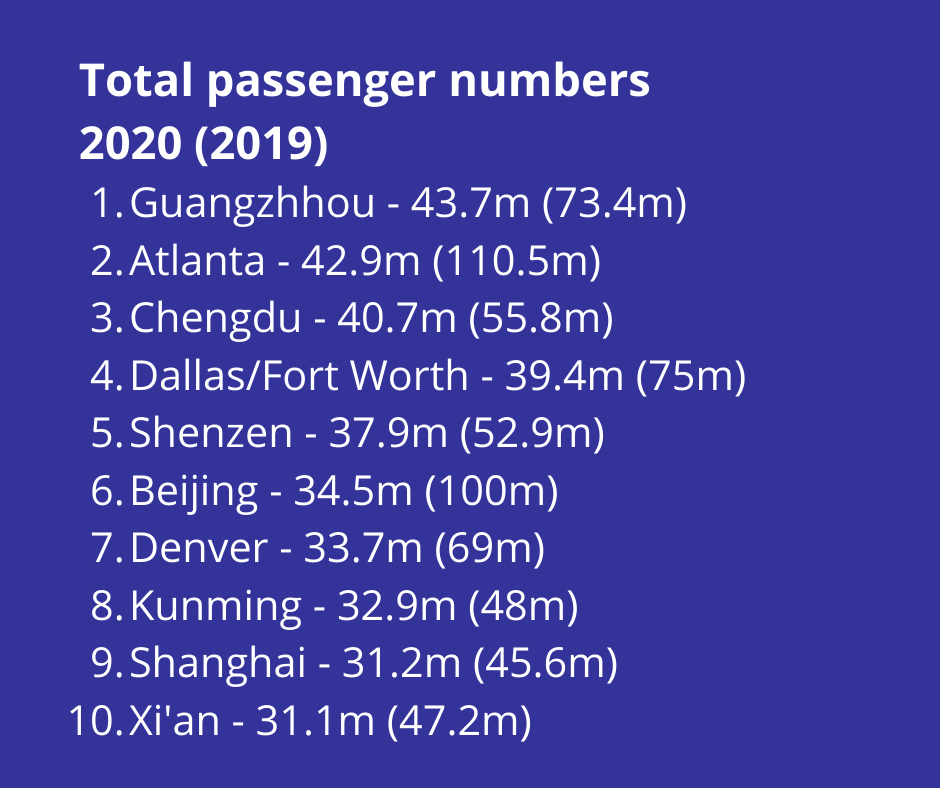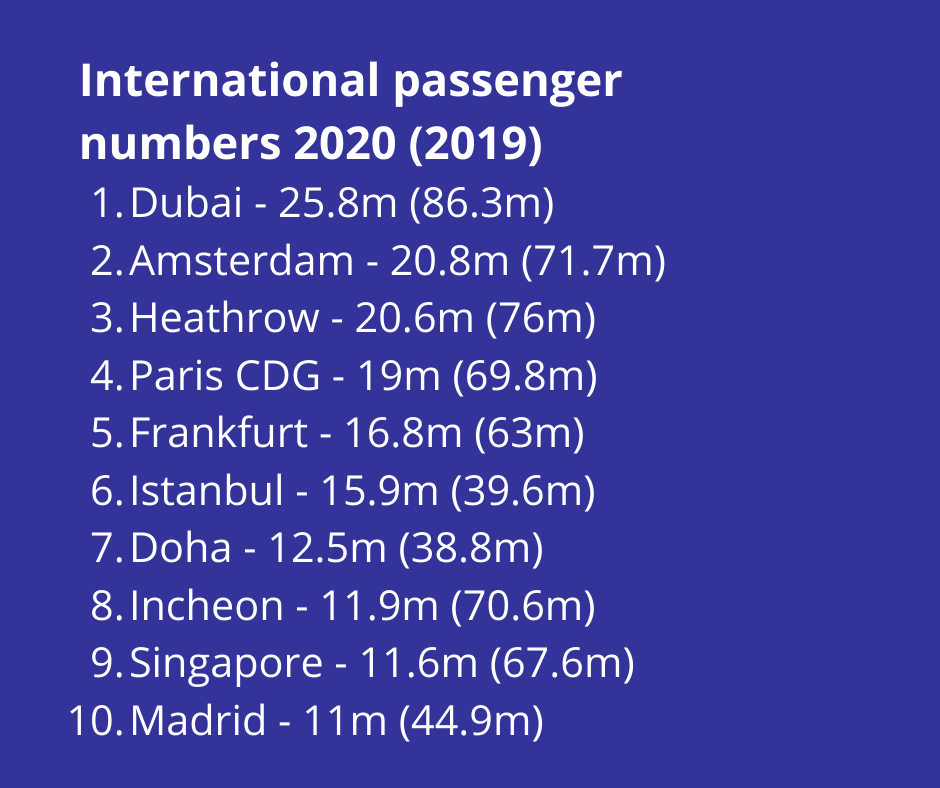Emirates to expand mainland China operations, resumes passenger services to Shanghai and Beijing
Emirates will ramp up its operations in China ahead of the New Lunar Year in response to strong travel demand, boosting connectivity to its gateways Guangzhou, Shanghai and Beijing as the country reopens its borders and eases its Covid-related entry restrictions.

Emirates will resume passenger services to Shanghai starting with two weekly flights operated by an Airbus A380 aircraft from 20 January 2023, with EK302 departing from Dubai to Shanghai non-stop and EK303 making a short stop in Bangkok before returning to Dubai. This service will ramp up in frequency to four weekly flights operated by a three-class Boeing 777-300ER aircraft from 02 February 2023.
Emirates will further boost its Dubai-Shanghai route from 1 March 2023 with a daily non-stop service.

Emirates currently operates a non-stop flight from Dubai to Guangzhou as EK362, and a return flight from Guangzhou to Dubai via Bangkok as EK363, four times a week.
Starting from 1 February 2023, the airline will increase services between Dubai and Guangzhou with EK362/EK363 operating as daily non-stop flights with the flagship Emirates A380.

Operated by a three-class Boeing 777-300ER aircraft, Emirates’ flight EK308/ EK307 will return to China’s capital city Beijing with a daily non-stop service from Dubai, starting from 15 March 2023.
This will bring the airline’s operations in the market up to 21 weekly flights, providing increased choice and flexibility for business travellers.
Emirates has been serving China for nearly two decades and has established its presence in the Chinese market through strategic partnerships and a continued commitment to the local community throughout the pandemic.
Emirates offers travellers increased connectivity to 24 domestic points via Guangzhou, Beijing and Shanghai, as well as six regional points via Guangzhou through its partnership with China Southern Airline, while simultaneously providing its partner-airline’s customers access to six destinations within the Middle East and Africa regions.
Travellers can also benefit from Emirates’ existing interline agreements with Air China, China Eastern and Cathay Pacific to access even more domestic Chinese cities.
The Emirates A380 experience remains highly sought after by travellers offering fourteen First Class suites, 76 lie-flat seats in Business Class and 426 ergonomically designed seats in Economy Class.
The airline states that “customers travelling to and from Guangzhou can look forward to enjoying its spacious and comfortable cabins, signature products that offer travellers the best experiences in the sky like the Onboard Lounge, First Class suites and Shower Spa. Customers travelling to and from Shanghai and Beijing can benefit from Emirates’ award-winning service and industry-leading products on board the airline’s three-class Boeing 777-300ER aircraft, which offers eight private suites in First Class, 42 lie flat seats in Business Class and 304 spacious seats in Economy Class”.













